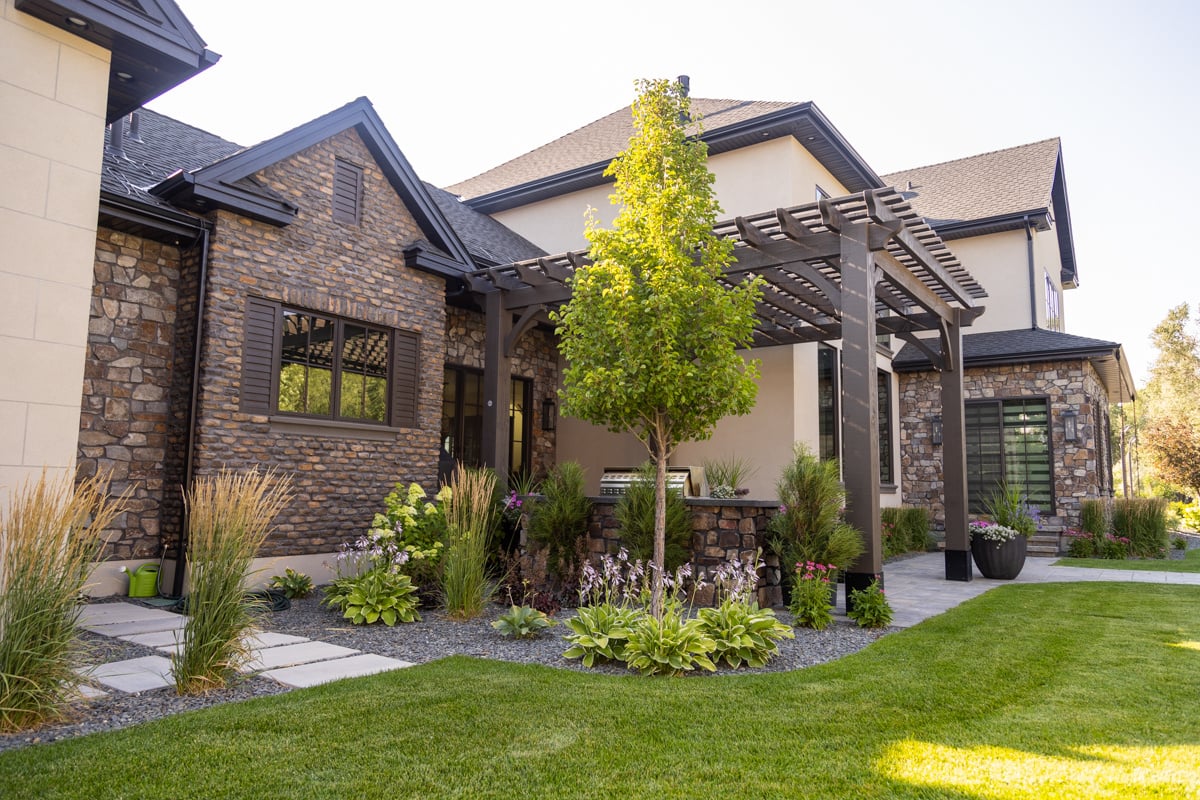
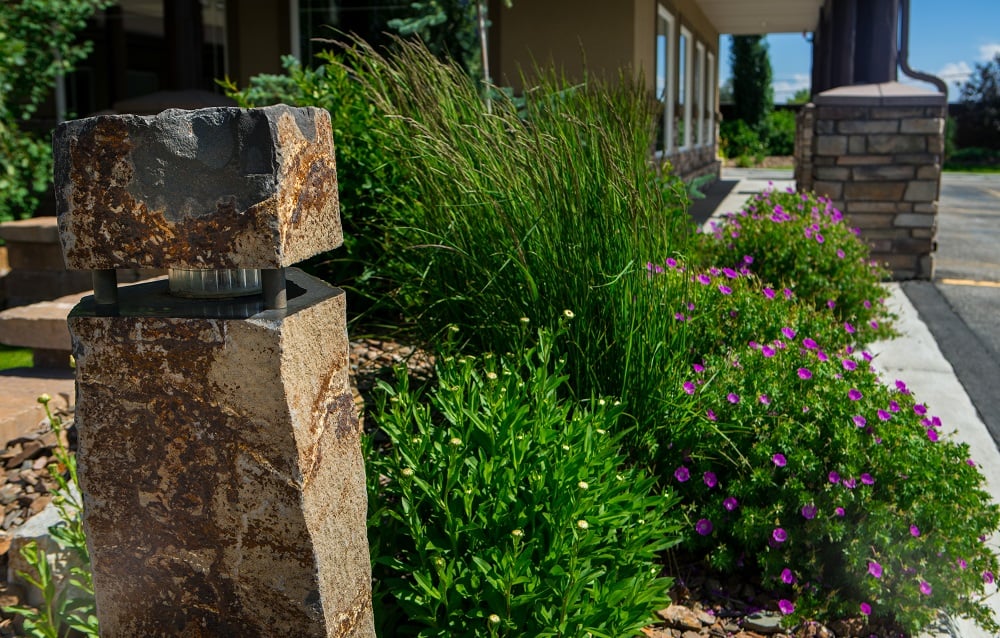
8 Flower Bed Maintenance Tips for Idaho Homeowners
Some of the best flower garden tips come at the very beginning, long before the first purple coneflower blooms.
They’re all about taking time to properly prepare the planting bed, to make sure those cheerful Shasta daisies and pretty pink phlox really thrive.
Then what? What about weeding? Feeding? Burping? (Nope, that last one’s just for babies.)
How do you maintain a flower bed?
Let’s take a look at tips for flower bed maintenance in Idaho:
1. Say No to Weeds
When you plant your flowers, don’t forget the weed barrier fabric. But skip the skimpy plastic weed barrier. Water can’t get through it.
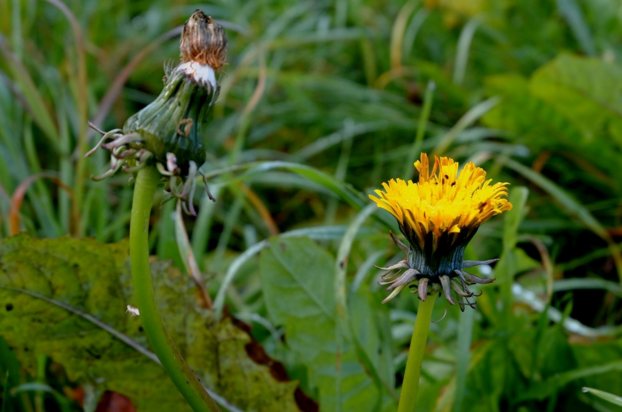
Use the good stuff : 20-year weed barrier fabric. Lay it right on top of your topsoil. Cut an X in the fabric where each plant will tuck through.
2. Group Flowers by the Water They Need
Different plants have different water needs, so group them accordingly. Don’t put water hog hydrangeas next to drought-tolerant succulents.
3. Give Them Room to Breathe
Flower garden tip: Flowers need room to grow. It’s tempting to pack your beds with beautiful blooms, but they won’t thrive tightly planted.
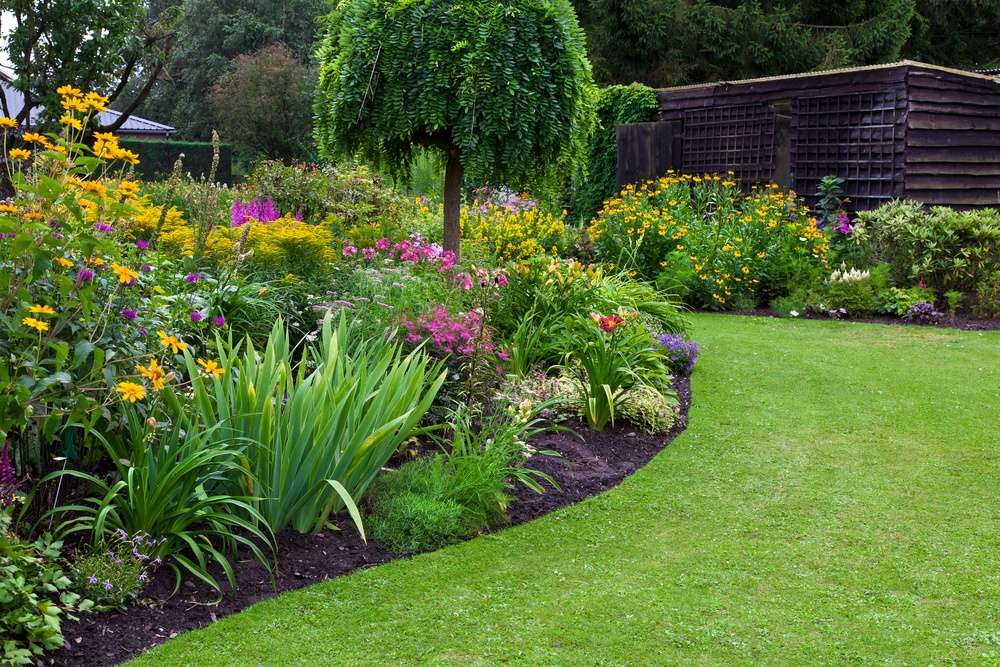
Keep in mind the size of the plants at maturity, not now. Leave room for when the plants get bigger.
The tags on your plants will recommend proper spacing. Resist the urge to cheat.
4. Water Carefully
Water the soil, not the plant leaves. Wet foliage encourages fungus and other diseases.
Consider drip irrigation for your flower beds, which drips water slowly from holes in tubing installed below ground or on the soil surface.
Instead of spraying large areas like sprinklers, drip irrigation systems provide water to specific areas on your landscape, so you can target the soil and roots, not the foliage.
5. Flower Garden Tip: Diligent Deadheading
Lots of flowers benefit from deadheading, which has less to do with The Grateful Dead and more about removing dead flower blooms to encourage more growth.
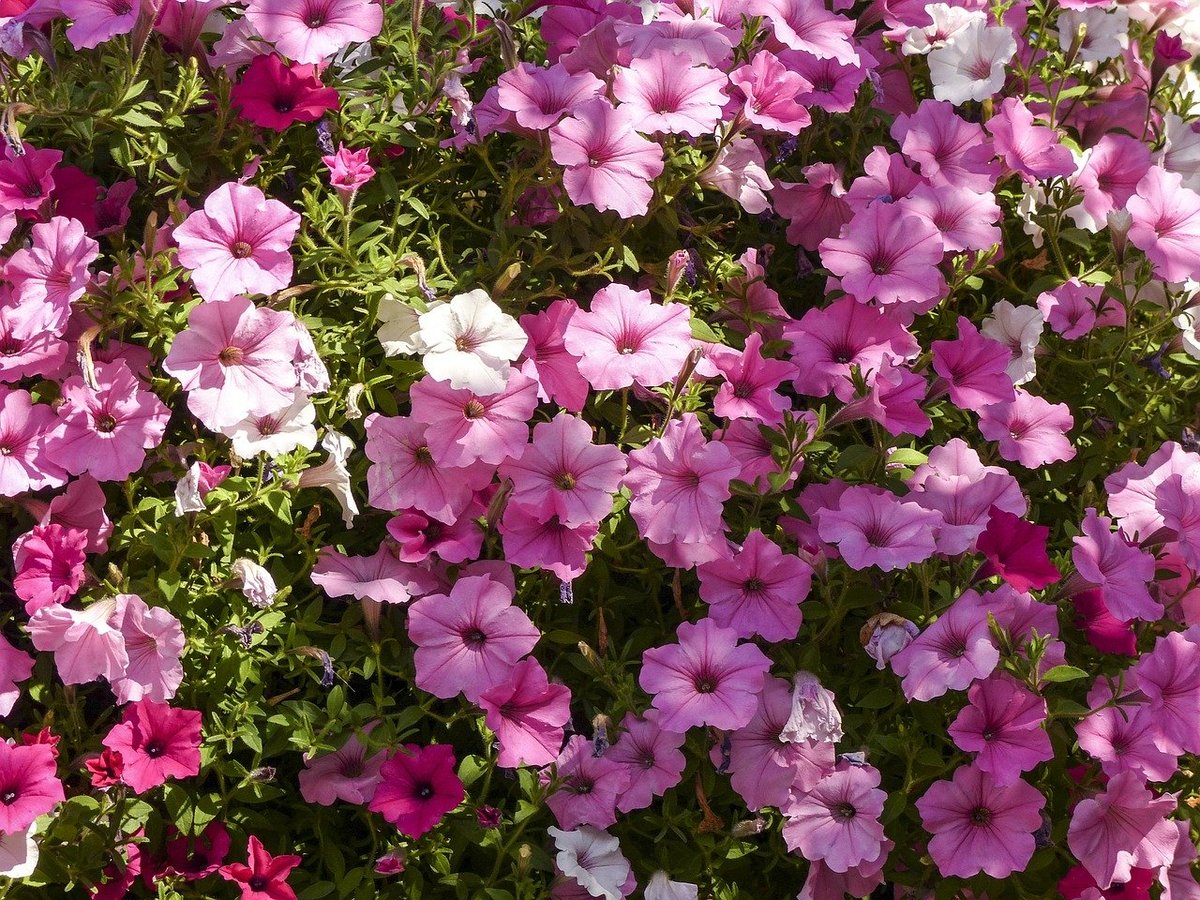
Try to do it once a week, pinching off faded blooms. It’s a great excuse to stroll through your pretty flower garden.
6. Clean out Yucky Beds
Don’t let things get messy out there. Flower bed maintenance in Idaho means tackling spring and fall cleanup to clear out old plants and debris.
How are your blooms supposed to wow when they’re surrounded by weeds, dead flowers, ratty old mulch, and decomposing leaves?
Clean out the yuck so your beds are fresh.
7. Mulch
Mulch is a must for flower bed maintenance in Idaho.
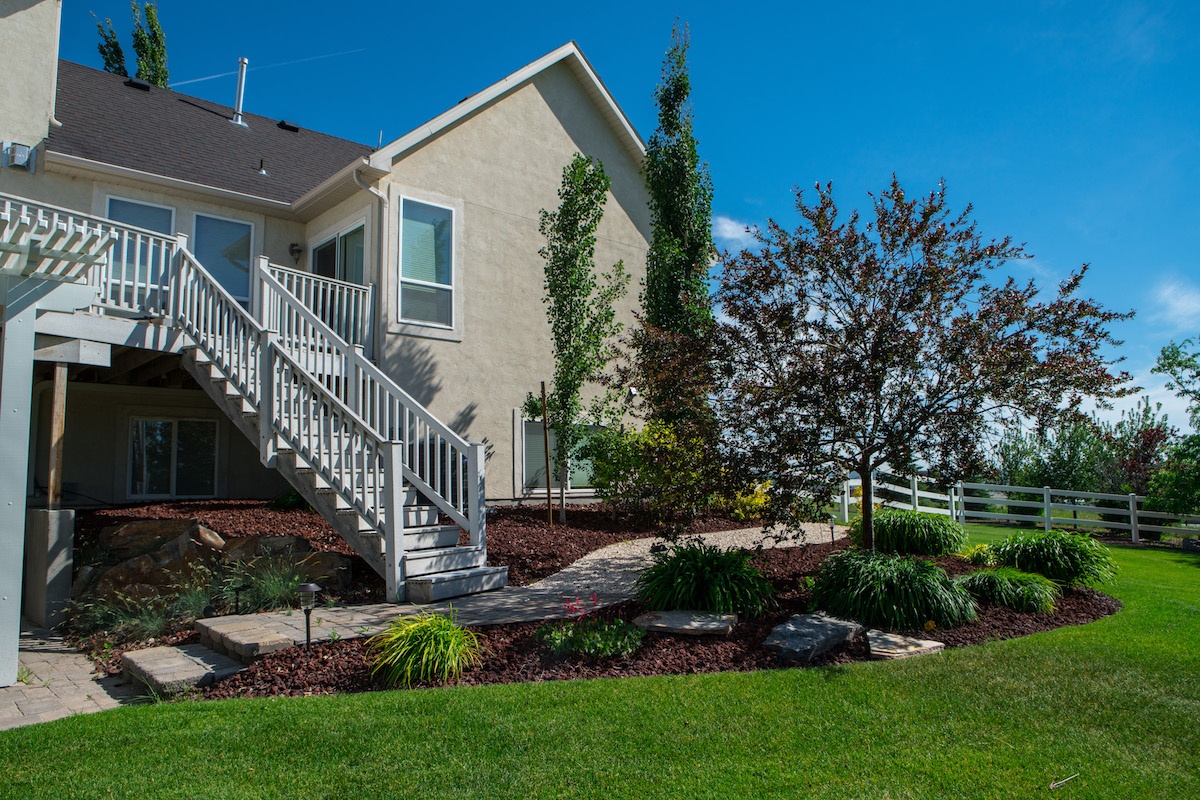
Why? So many reasons:
- Bark mulch conserves water, by holding in your soil’s moisture so you need less irrigation.
- It protects your plants’ roots from extremes in temperature, keeping them cozy in cold weather and cool in summer’s heat.
- As it decomposes over time, bark mulch adds nutrients to your soil.
- And, huge bonus: it discourages weeds from popping up, keeping everything dark so the weed seeds can’t sprout.
- Finally, mulch just looks great, adding a tidy, uniform appearance to your beds.
Flower garden tip: Remember, mulch isn’t a one-time thing. Plan to replace it each year as part of your Idaho flower bed maintenance to keep your beds looking great.
8. Feed Your Flower Babies
Flowers need food to thrive.
Add some compost with fresh topsoil when you plant and scratch in some granular fertilizer.
Then, stay on top of fertilizer throughout the growing season. But don’t go crazy. More isn’t better.
You can actually burn plants if you use too much fertilizer. Follow the manufacturer’s directions.
How Do You Maintain a Flower Bed? Leave it to Outback
Now that you know all the flower garden tips, it seems like a lot, right?
Go easy on yourself and let the pros at Outback Landscape do the hard part.
Hire flower bed maintenance service in Idaho Falls, ID so you can just relax and enjoy the pretty flowers.
We serve residential and commercial properties in Idaho Falls, Rexburg and Pocatello, Idaho, as well as Bonneville, Madison and Bannock counties.
Call us at 208-656-3220. Or fill out the contact form to schedule a no-obligation meeting with one of our team members.
We can’t wait to hear from you.
If You're Looking For a Sign, This is It.
Seriously, that lawn isn't getting any better on it's own. Mrs. Jones just called the HOA on you
.jpg?width=480&name=Chase%20Coates%20Team%20Portrait%202%20(2).jpg)
Chase Coates
Chase Coates is the owner of Outback Landscape in Idaho Falls, Idaho.

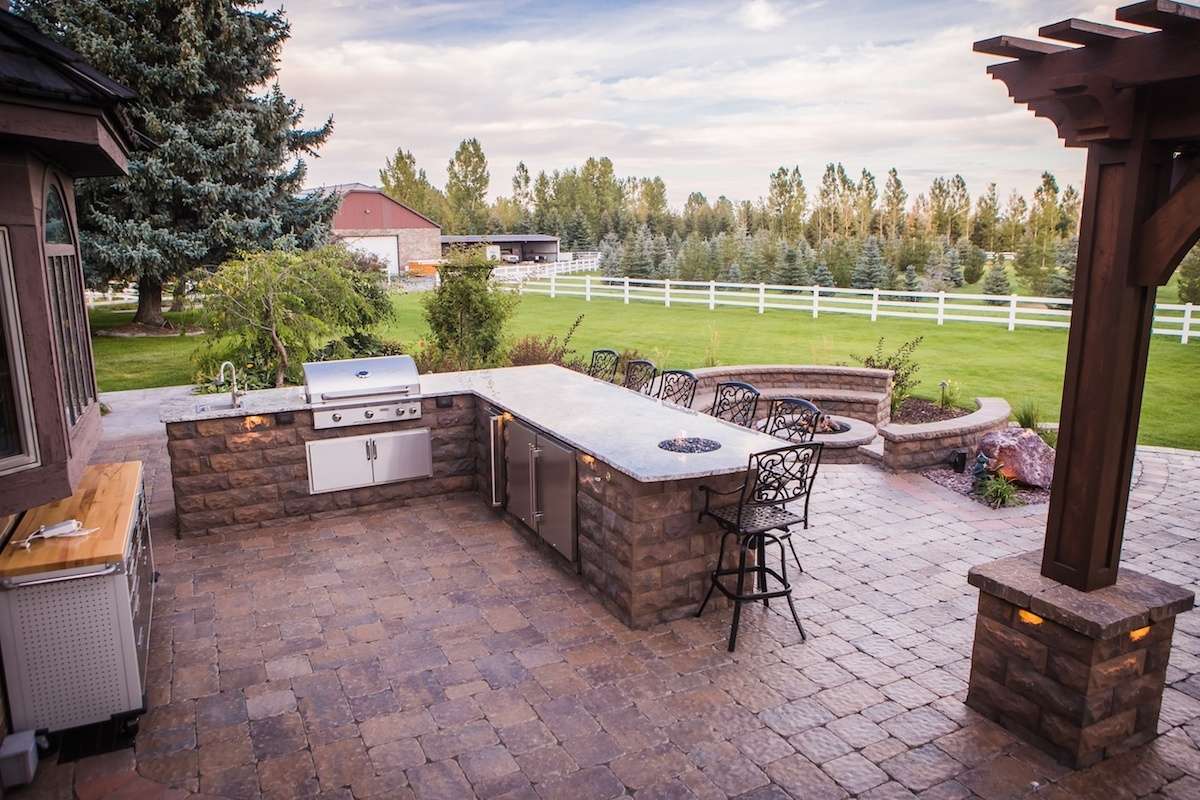
Brick Pavers vs Stamped Concrete: Pros, Cons, and Costs
.jpg)

